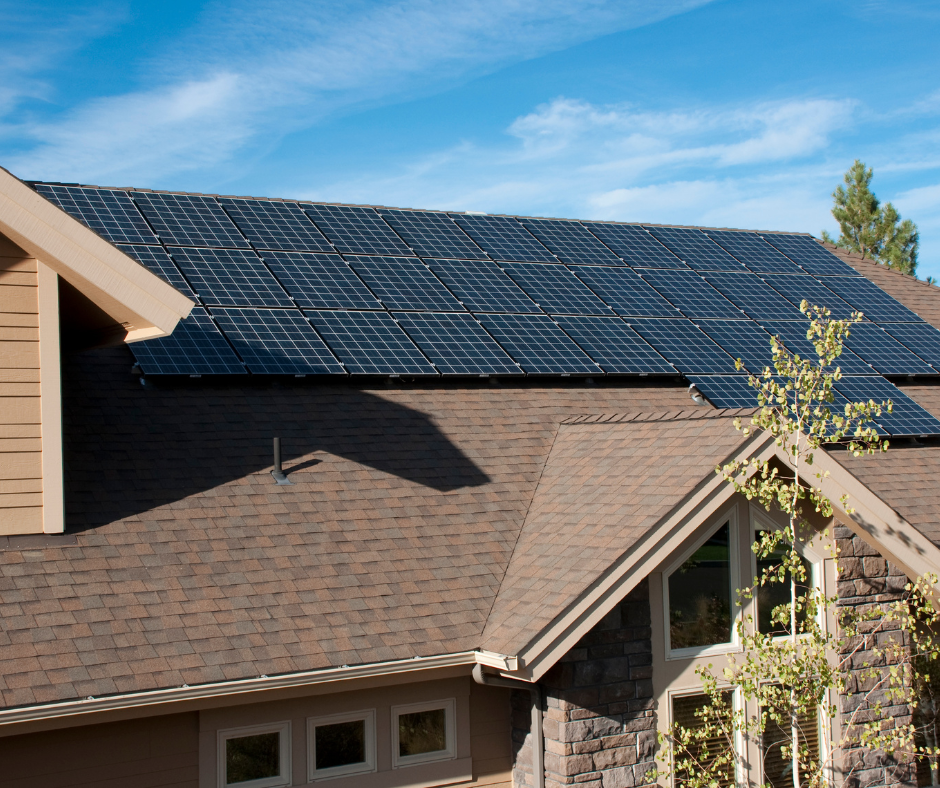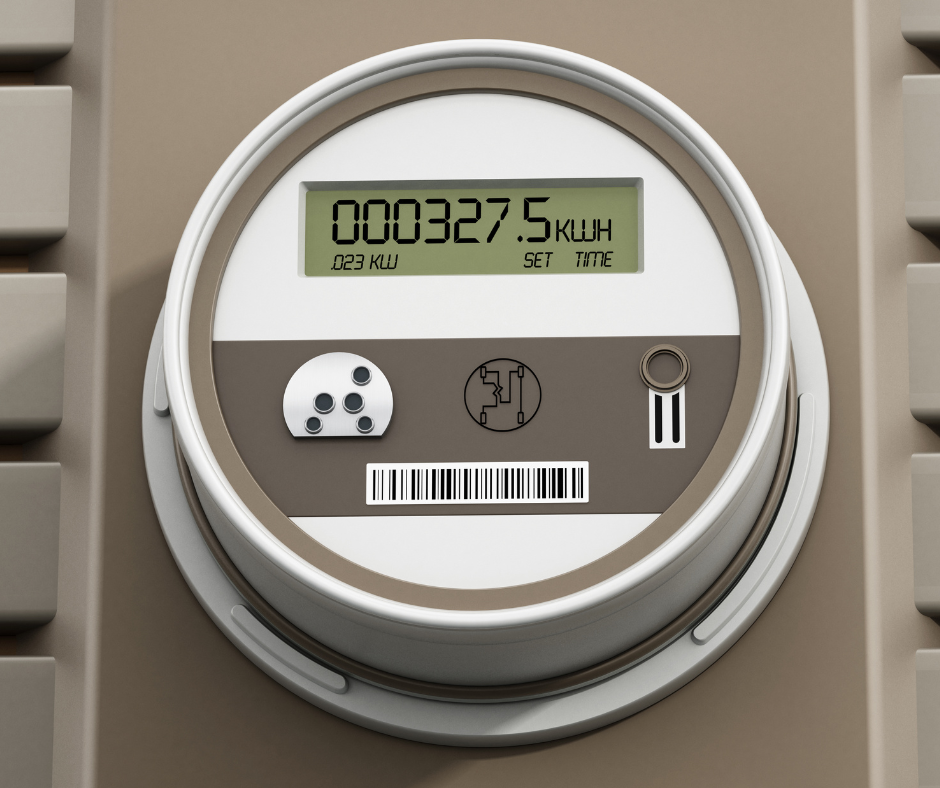Solar panels are a great way to generate clean, renewable energy and reduce your monthly electricity bill. But where you place your panels on your roof can impact their efficiency.
Ever asked where to install solar on my roof? Here are the factors to consider when deciding where to put your solar panels on your roof:
- Sun Exposure: Make sure your panels have direct access to sunlight, with minimal shading from trees or other buildings. You can use a sun path calculator or smartphone app to determine the best orientation and angle for your panels based on the location of your house.
- Roof Orientation: A south-facing roof is ideal, as it gets the most sunlight throughout the day. If that’s not possible, east or west facing roofs are also acceptable. North-facing roofs receive the least amount of sunlight and are not recommended for solar panels.
- Roof Slope: Panels are to be installed at an angle that matches the latitude of your location. A flat roof can be used, but the panels will be less efficient than if they are on a slope.
- Panel Arrangement: If your roof has multiple sections with different orientations or slopes, you can choose to split the panels between those sections to maximize exposure to the sun.
- Roof Space: Make sure your roof has enough space to accommodate the number of panels you need to generate the desired amount of energy.
By considering these factors, you can find the best place to install your solar panels. This will enable you to get the most out of your investment. Now, you can say confidently – I know exactly where to install solar on my roof.



